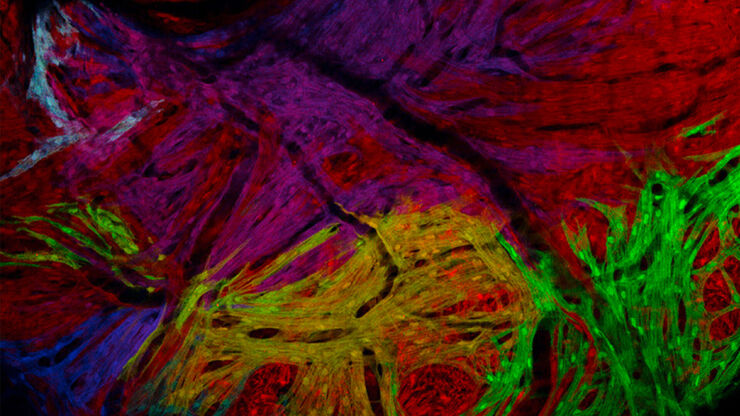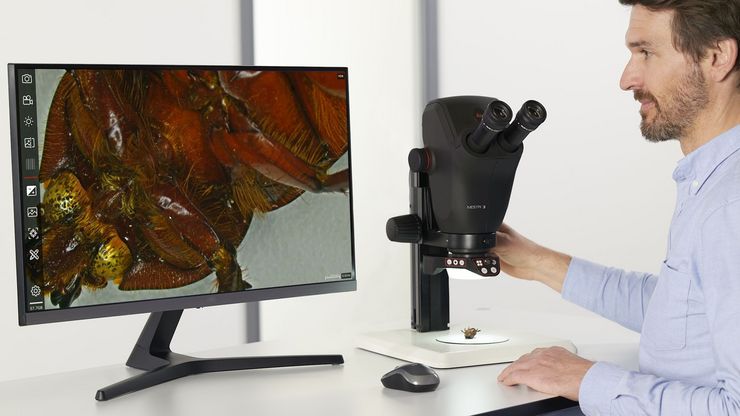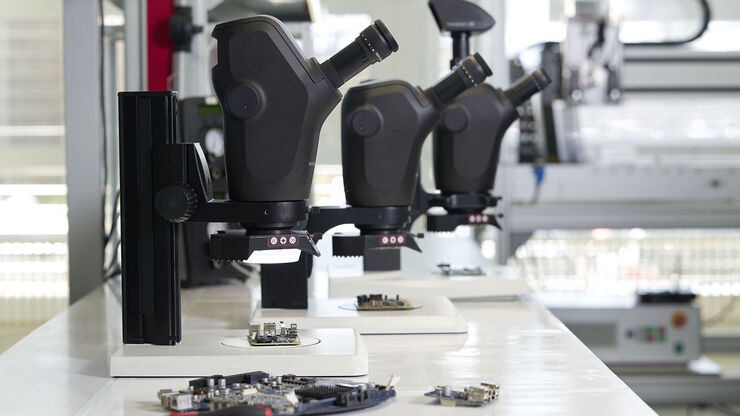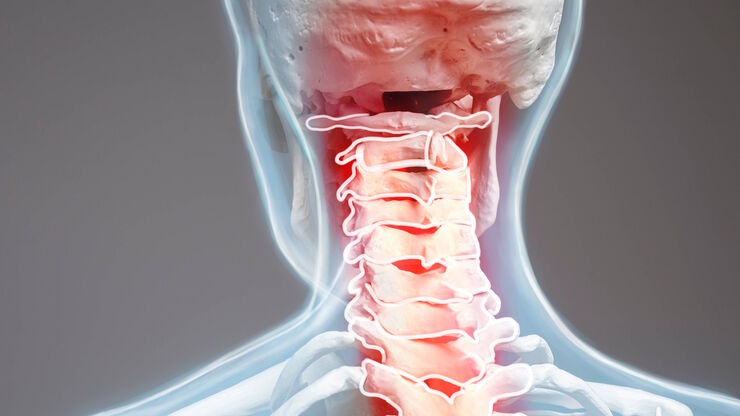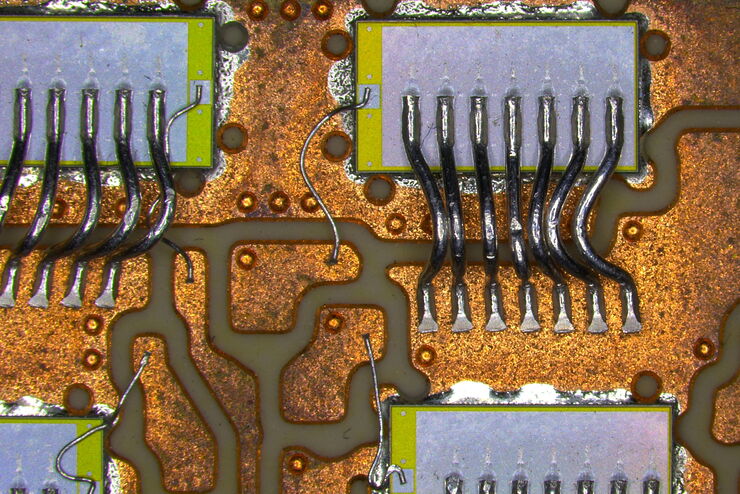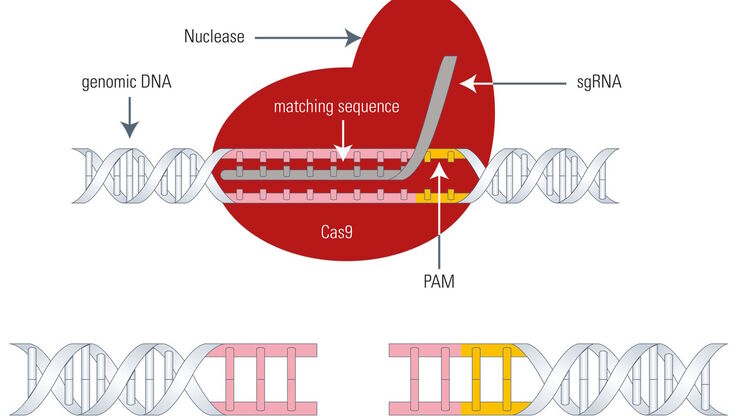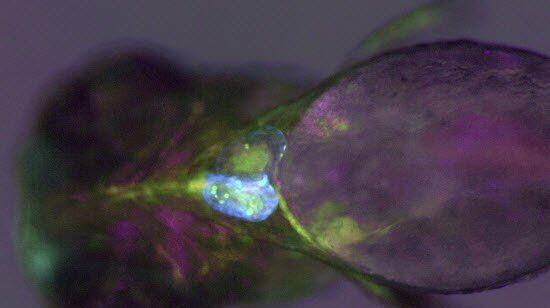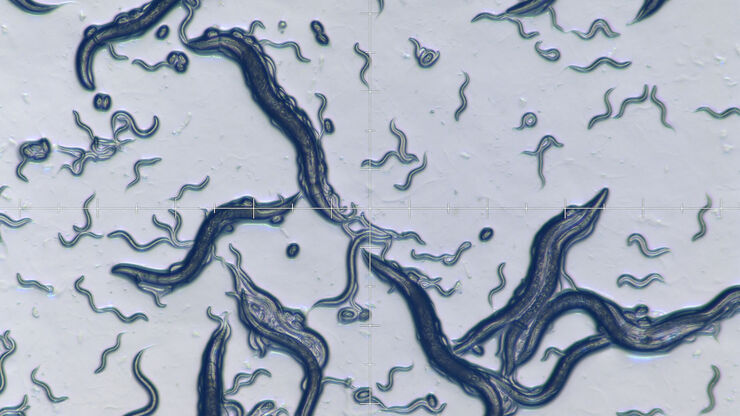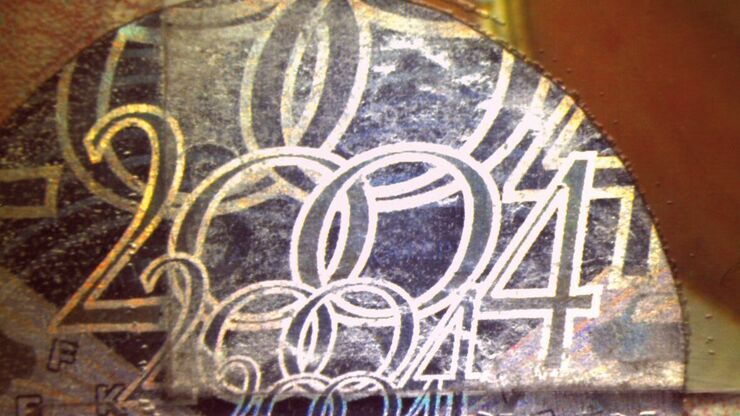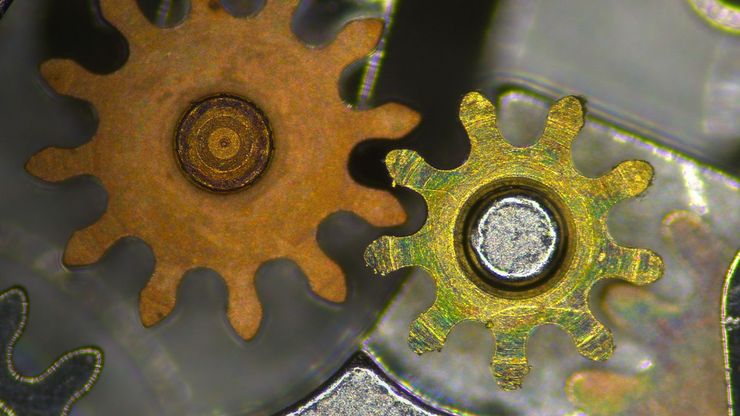M50, M60 & M80
Stereomikroskope
Lichtmikroskope
Produkte
Startseite
Leica Microsystems
M50, M60 & M80 Stereomikroskope für Routineaufgaben
Immer startklar!
Lesen Sie unsere neuesten Artikel
Zebrafisch-Forschung
Für optimale Ergebnisse während der Bewertung, Sortierung, Manipulation und Bildgebung von Modellorganismen ist es entscheidend feine Details und Strukturen genauestens zu erkennen. Das bildet die…
Präpariermikroskope
Wenn Sie Präparationen durchführen, verbringen Sie oft viele Stunden an den Okularen eines Präpariermikroskops. Bei Leica Microsystems können Sie aus einer Vielzahl von Mikroskopen und einem…
Wichtige Faktoren, die Sie bei der Auswahl eines Stereomikroskops berücksichtigen sollten
Stereomikroskope zeichnen sich durch ihre Fähigkeit aus, einen 3D-Eindruck der Probe zu erzeugen. Daher eignen sie sich besonders gut für Inspektion und Nacharbeit, Qualitätskontrolle, Forschung und…
Microscope Ergonomics
This article explains microscope ergonomics and how it helps users work in comfort, enabling consistency and efficiency. Learn how to set up the workplace to keep good posture when using a microscope.
Microscope Illumination for Industrial Applications
Inspection microscope users can obtain information from this article which helps them choose the optimal microscope illumination or lighting system for inspection of parts or components.
Top Challenges for Visual Inspection
This article discusses the challenges encountered when performing visual inspection and rework using a microscope. Using the right type of microscope and optical setup is paramount in order to…
Wie man das geeignete Mikroskop für die Sichtprüfung auswählt
Dieser Artikel hilft Anwendern bei der Auswahl eines Mikroskops als Hilfsmittel für die routinemäßige Sichtprüfung. Es werden wichtige Faktoren beschrieben, die berücksichtigt werden sollten.
Rodent and Small-Animal Surgery
Learn how you can perform rodent (mouse, rat, hamster) and small-animal surgery efficiently with a microscope for developmental biology and medical research applications by reading this article.
Gene Editing with CRISPR/Cas9 - Breakthrough in Genome Engineering
The CRISPR/Cas9 system is one of several different bacterial systems for defense against viral attacks. It consists of two main components. One is a small piece of RNA which binds to the viral target…
Imaging and Analyzing Zebrafish, Medaka, and Xenopus
Discover how to image and analyze zebrafish, medaka, and Xenopus frog model organisms efficiently with a microscope for developmental biology applications from this article.
Investigating Fruit Flies (Drosophila melanogaster)
Learn how to image and investigate Drosophila fruit fly model organisms efficiently with a microscope for developmental biology applications from this article.
Studying Caenorhabditis elegans (C. elegans)
Find out how you can image and study C. elegans roundworm model organisms efficiently with a microscope for developmental biology applications from this article.
Is that Document Genuine or Fake? How do They Identify Fake Documents?
This article shows how forensic experts use microscopy for analysis to identify counterfeit, fake documents, such as ID cards, passports, visas, certificates, etc. Then they know if it is genuine or…
The History of Stereo Microscopy
This article gives an overview on the history of stereo microscopes. The development and evolution from handcrafted instruments (late 16th to mid-18th century) to mass produced ones the last 150…
Assembly & Rework Microscopes
Discover Leica assembly microscopes with FusionOptics for precision rework and assembly. Tailored for electronics, automotive, medical devices, and watchmaking production needs.
Fields of Application
Material- & Geowissenschaften
Sie benötigen die richtigen Werkzeuge für eine zuverlässige und qualitativ hochwertige Bildgebung und Analyse. Leica Microsystems bietet Ihnen alles aus einer Hand. Zusammen mit kompetenter…
Kunstrestaurierung
Die Analyse, Restaurierung, Konservierung und Dokumentation von Kunstwerken oder kulturellen Artefakten erfordert komplexe technische Fähigkeiten und den Einsatz modernster bildgebender Verfahren,…
Leiterplatteninspektion
Für eine schnelle und zuverlässige Leiterplatteninspektion benötigen Elektronikhersteller und -zulieferer Lösungen, die eine effiziente Qualitätskontrolle, Querschnittsanalyse und F&E ermöglichen.
Inspektionsmikroskope
Leica Microsystems bietet eine Vielzahl von Inspektionsmikroskopen für industrielle Anwendungen. Unsere Experten helfen Ihnen, die optimale Lösung zu finden.
Märkte für industrielle Mikroskopie
Maximale Betriebszeit und effizientes Erreichen von Zielen helfen Ihnen, Ihr Ergebnis zu verbessern. Mit den Mikroskoplösungen von Leica Microsystems erhalten Sie Einblicke in kleinste Probendetails…
Messmikroskope
Messmikroskope sind hilfreich für die Bestimmung der Abmessungen von Probenmerkmalen während der Qualitätskontrolle, bei der Fehleranalyse sowie in der Forschung und Entwicklung. Erfahren Sie mehr…
